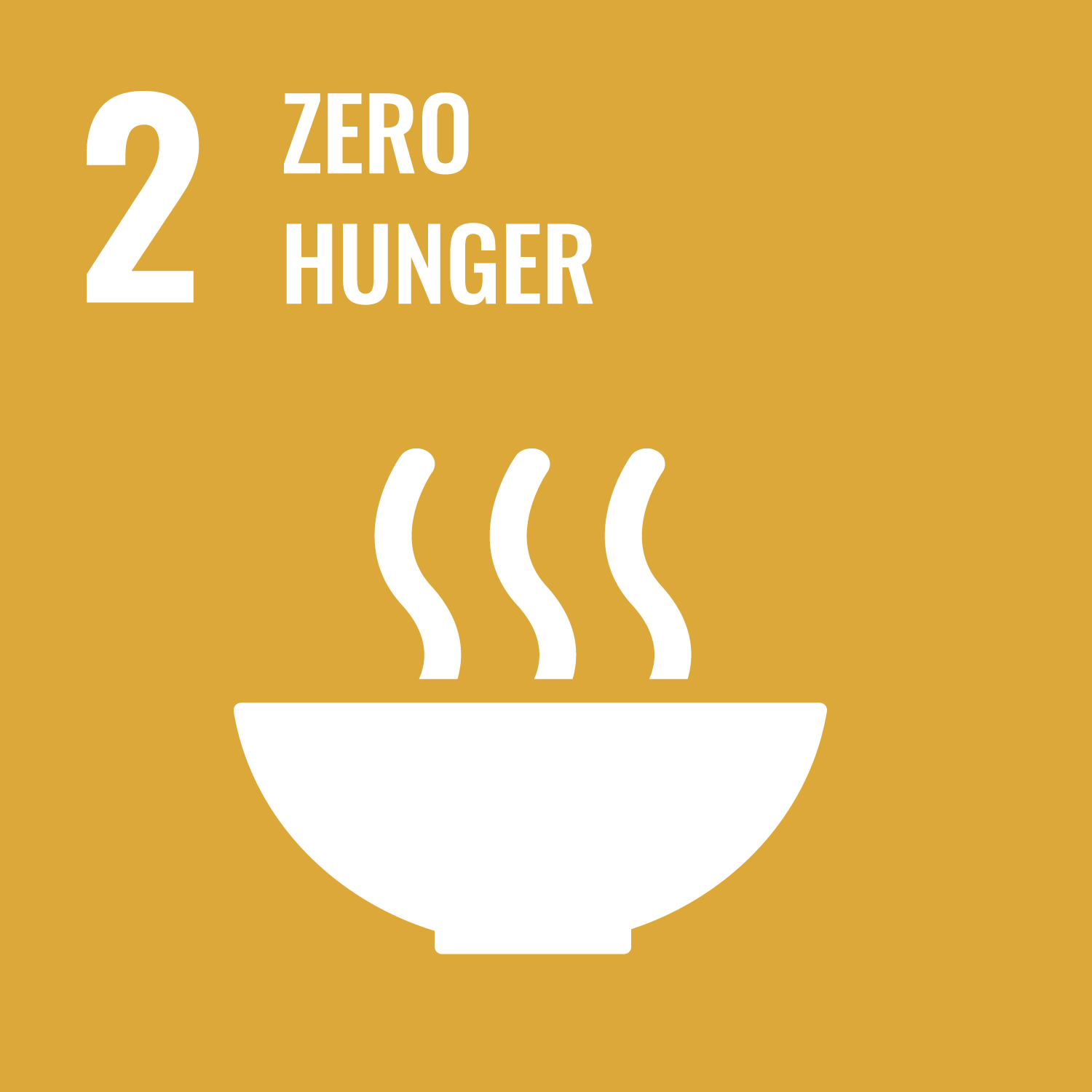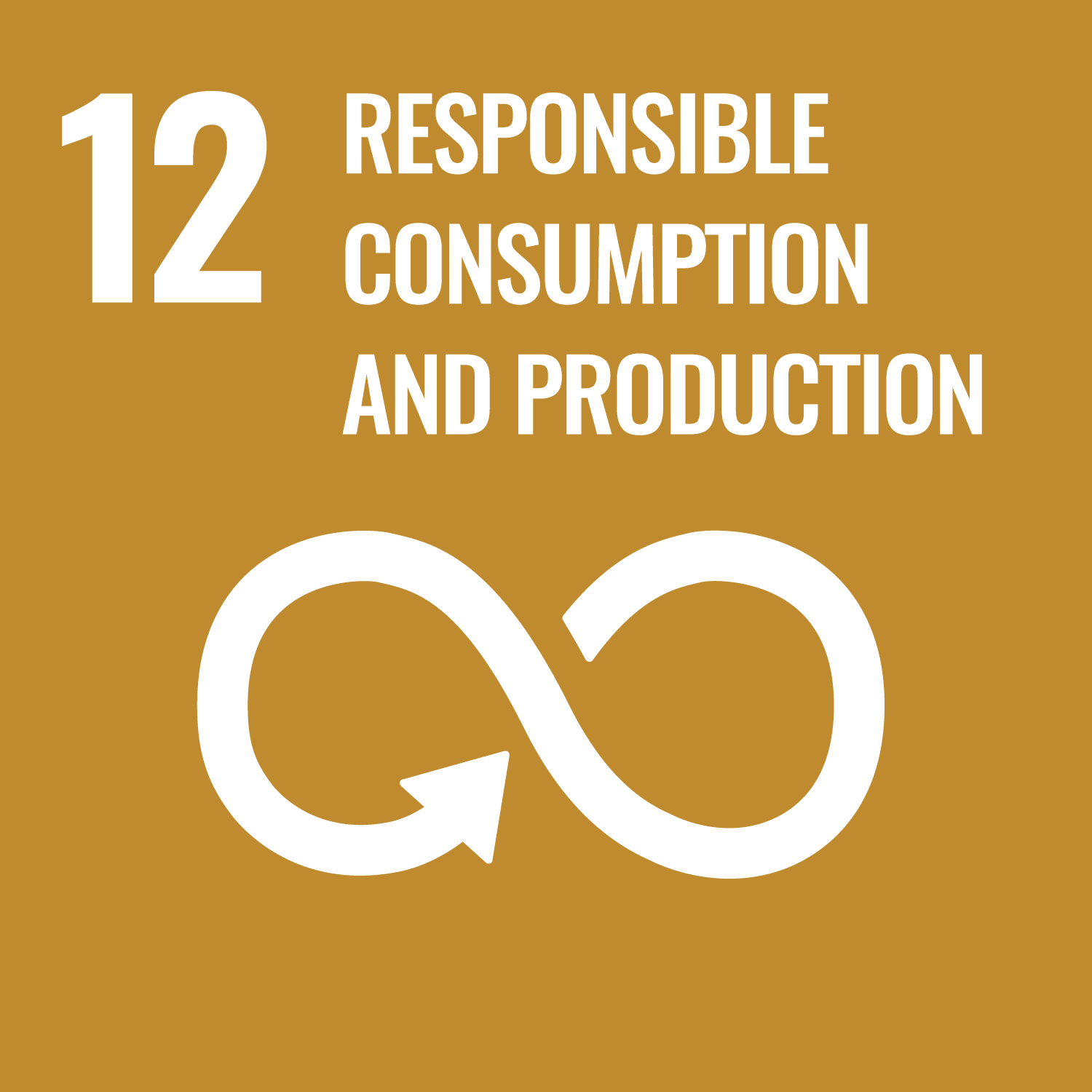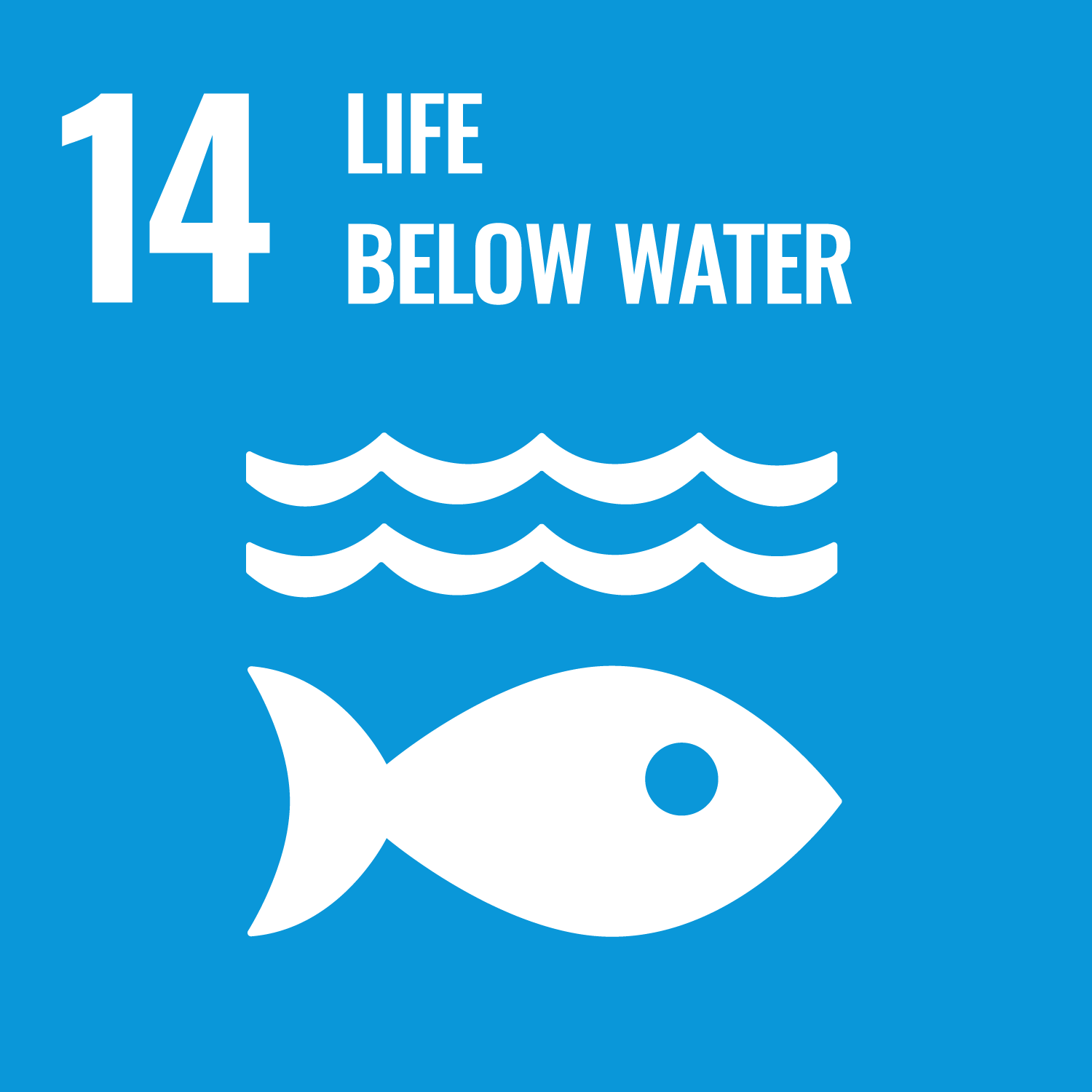Nofitech provides land-based facilities and equipment to blue-chip salmon farmers. Its primary offering today is a recirculating aquaculture system (“RAS”), ModulRAS, which allows fish farmers to move parts of the fish's growth cycle onto land, and also offers facilities for the final growth stage, providing fish farmers with the option to locate all production on land.

Nofitech
Nofitech at a glance
Key developments 2022
Nofitech continues to experience strong growth and momentum, with revenues up over 60% from 2021. Furthermore, the company delivered two facilities, added to its already record-high backlog of signed projects, bolstered the organization across key geographies, and invested heavily in its R&D programs.
Sector
Aquaculture: land-based fish farming services and equipment
Location
Norway
SDG aligment



Revenue (EURm)
Environmental
Carbon intensity: Tons CO₂e per EUR m revenue
Total tons CO₂ emitted
Monetized climate impact
Social
Full time employees
Gender balance, % females
Board
Management
All employees
Monetized employment impact (EURm)
Governance
Via Summa Compliance
✔ Code of conduct
✔ Supplier code of conduct
✔ Economic Sanctions
✔ Competition Law/Antitrust
✔ Data Protection/IT Security
✔ Anti-curruption
✔ Whistleblower
How Nofitech is advancing ESG
Nofitech has high impact ambitions and are set to do their part in reducing their and their customers' negative externalities. As such, key members of management initiated several impact-related initiatives during 2022, including a conducting a life-cycle emissions analysis of their RAS module, outlining an impact roadmap for the company, and prioritizing key short-term impact actions.
Science Based Targets
Nofitech to start process to set Science Based Targets in h2 2023, with target commitment by Q4 2023 / Q1 2024.
What are the challenges Nofitech addresses?
How does Nofitech help?
Reality today
Traditional aquaculture at sea has certain negative impact on life below water, both on the marine habitat and the fish themselves (e.g., disease and lice), and is thus regulated by quotas that limits the organic growth in sea-based farming.
Nofitech approach
Nofitech moves parts of, or the entire, growth cycle of fish farming onto land, reducing the pressures from sea-based farming on the ecosystem and enabling fish farmers to increase overall production.
Aspirational future
An efficient and sustainable aquaculture system that supports consumers with access to sustainable and affordable proteins.
What impact does Nofitech create?
CO2e per kg post molt production
As part of Nofitech's impact initiatives, the management are during H1 2023 prioritizing relevant impact KPIs to track going forward. These are intended to reflect the company's ambition of contributing to a more sustainable and healthier food system.
Who is impacted?
Salmon farmers in the North Sea Basin are impacted by receiving access to a more environmentally friendly production system given the compact, standardized, and modular nature of its facilities, which also increases the utilization of their salmon farming licenses.
What are the impact considerations?
Additionality
Without Nofitech, farmers within the aquaculture industry would not have the opportunity to grow post-smolt at a cost-effective and affordable price. Nofitech continues to drive the industry towards innovation and technology improvements – and the effort leads the entire industry towards a more sustainable future.
Risks
Recirculating aquaculture systems (RAS) are complex systems with high densities of fish that have a high economic value. Thus, larger production issues can have significant consequences, not only in terms of lost monetary value for the fish farmer, but also for fish health and welfare.